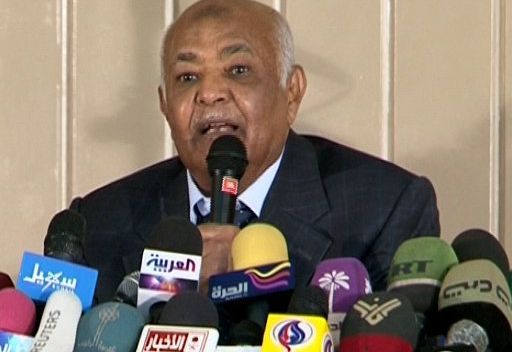Yemen bloodshed raises fears for power transfer
Wissam Keyrouz
SANAA, Wissam Keyrouz- Five people including a small girl were killed on Friday as troops loyal to President Ali Abdullah Saleh pressed a deadly assault on the city of Taez, medics said, raising fears over a power transfer deal.
With the toll climbing to 21 dead in 24 hours, the bloodshed prompted recriminations between the government and parliamentary opposition, which signed the hard-won accord in Riyadh last month that had raised hopes of an end to the violence.

The four other people who died were attending funerals for some of the 16 people killed on Friday in Yemen's second largest city, they added, updating an earlier death toll.
Five loyalist troops were among the dead in Thursday's fighting, security sources said.
Prime minister-designate Mohammed Basindawa, chosen by the opposition to head a government of national unity under the power transfer agreement, has threatened to resign unless the loyalist offensive in Taez stops.
And opposition spokesman Mohammed Qahtan accused Saleh loyalists of blocking the formation of a key commission also stipulated by the accord that is to be given the task of reuniting the deeply divided security forces.
As well as Taez, dissident troops also control a big swathe of the capital Sanaa and there have been repeated deadly clashes with loyalist units, some of them commanded by Saleh relatives.
"The regime is delaying the establishment of this commission, perhaps out of a desire to take revenge as they have been doing in Taez, or in a bid to rid themselves of the agreement entirely," Qahtan charged.
"The formation of the military commission is absolutely basic at this stage," he added.
But Deputy Information Minister Abdo al-Janadi, a Saleh loyalist, denied the opposition charge.
"The president's camp is not blocking the formation of the commission as Mr Saleh wants the Gulf plan to succeed," he said.
"Without a truce, the agreement has no meaning," he told AFP, accusing the opposition of "giving military action priority over political action in Taez."
Janadi charged the opposition was also giving discreet encouragement to activist leaders who have spearheaded 10 months of protests against Saleh's 33-year rule and who have rejected the November 23 agreement because of the promises of immunity from prosecution it gives to Saleh and his family.
He warned the protesters' determination to "bring down the heads of the regime could only lead to civil war."
But activist spokesman Walid Ammari said the protesters were in no way bound by the provisions of an agreement which they had had no part in negotiating.
"We did not begin a revolt to allow the regime and the opposition to share out ministerial posts and we will continue our protests until we bring down all of the heads of the corrupt regime," he said, in allusion to the talks underway on the unity government line-up.
He said it was essential that Saleh step down once and for all, and that his family members be stripped of their security force commands.
In Sanaa, the regular anti-regime demonstrations on the Muslim weekly day of prayers were dominated by slogans of solidarity with residents of Taez under army fire.
A representative of the young protesters on the streets of the capital said they were not interested in any showdown between the authorities and the opposition in parliament.
"We didn't launch this revolt just to allow the authorities and the opposition to share out ministerial posts, and we will keep up our protests until the fall of the heads of the corrupt regime," said Walid Ammari.
-------------------------------------------------------------------------------------------